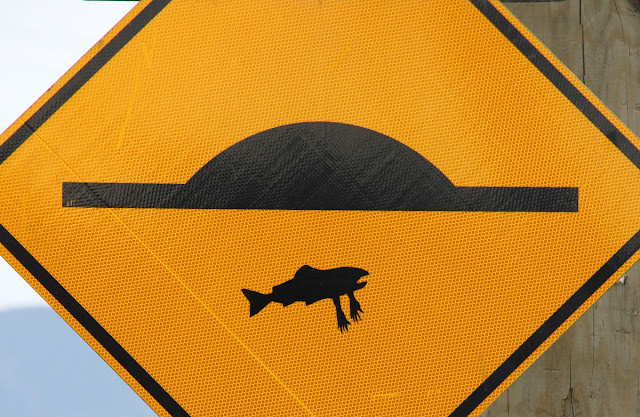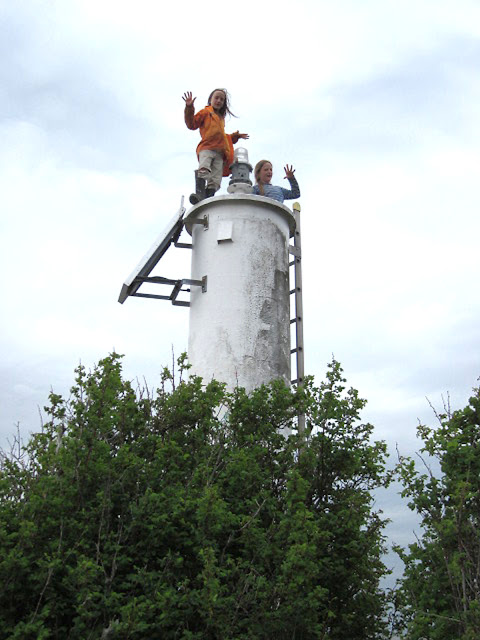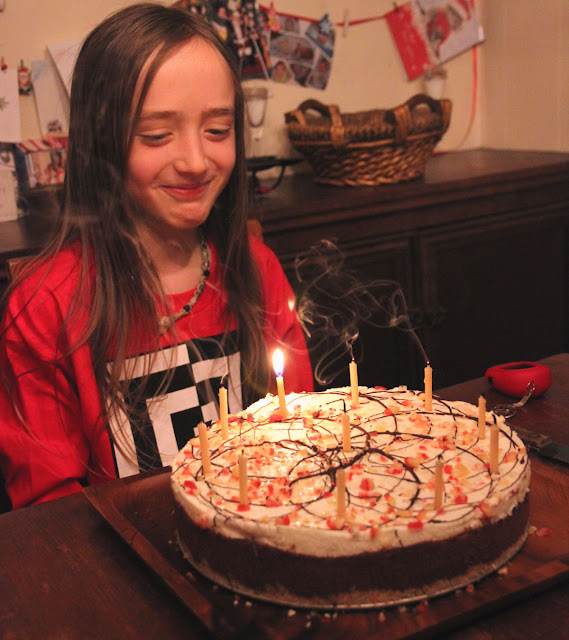Thoughts
So in reaching for that sharing space; in attempting to support each other and - even more difficult - to be supported, ourselves, we talk about EVERYTHING. Yes of course I mean EVERYTHING: pee, poop, menstrual woes and accidents, the intricate details of rash pustules, infestations, and abnormalities on our children’s (and husbands’!) bodies, the things we think are hilarious and the things that bring us unfathomable horror. We share these things because it’s in the sharing of these things that we learn to mother. And because these conversations are like study groups for working through the memories from our own first mothering courses: our being mothered, ourselves. And grand-mothered. And somewhere in the sharing we usually are reminded that we are the grandmothers, ourselves; that our children’s, our grandchildren’s, our great-grandchildren’s futures are being written in the things we carry down from our own ancestry.
We joke about how so-and-so’s son swears just like his Mama, and how our neighbour’s 3-year-old has the same nervous hand-gestures her aunt does. But these things are no joke. They can teach our kids all they want in school; at Brownies and Scouts; in University, even, but the lessons our kids learned when they were 18 months old and spitting food in our faces - those are the lessons that will determine the outcomes of all the others. Did we smile with compassion at those orange blobs flying towards us and tenderly wipe them off our faces and back into baby’s mouth? Did we shout? Did we roll our eyes in disgust? Did we hit our child or congratulate her? The answer probably depends greatly on what we experienced, ourselves, when we were 18 months old and spitting food at our mothers’ faces. And it determines how our children will respond to their own children, too. And when our children go out in the world to learn from others, how will they then make use of those learning experiences? Well that, of course, depends on how they‘ve watched us learn, in our lives. These are the mechanics of inheritance and legacy. The way we argue with our husbands in front of the children, or hide away (they children will know, regardless), whether we resolve things or sweep them under the carpet, and the way we help the kids figure out their issues? Yeah. Those are the mechanics of peace for the next generations.
And when we’re aware of this - just how deeply important our every action is to our children’s future, and to the culture they will inherit and build upon - then it becomes essential that we assess and reassess our every decision and action. And we do that by sharing.
~~~~~~~
you told me you lost her before you were old enough to know the meaning of mother
you told me you lost her before she was old
enough to be born
you said she abandoned you
said you abandoned her
hated her
you told me your love knew no boundaries but she couldn’t hear
you
you broke her trust and you
still cling to her
you wanted him to grow up strong and brave
gentle
you wanted to protect him but now you’re eighty six
and you still cook his meals
drive him to work
you wanted him to know he was wanted
you wanted to be wanted, yourself
you wanted him to let go
and you wanted never to let him go
you wanted her to grow up strong
independent
kind
you wanted to help her
raise her babies, but
she doesn’t know herself
a mother
she carries you
in her pocket
like a pill
you wanted her to know she was wanted
you wanted to be wanted, yourself
you wanted her to let go
and you wanted never to let her go
to mothers
I’ve listened to
comforted
cried to
to you who have given up
given up hope
your children, even
and given up your dreams
yourselves
your fears
for all you have given up was not in vain
to mothers who have lost something
someone
everything
hope
your children, even
yourselves
for all you have lost was not unfound
to you
for giving
forgiving
giving
everything
you have
and are
and know
to you
to us
to knowing
our work is rewarded in knowing
that we have the blessed occupation
~~~~~~~
There is nothing particularly special about me. I am like billions of other people in the world: I am a mother.
And yet,
I am a mother.
I hold the lives of my children in my hands, on my breath I validate their dreams, and my intentions and mistakes determine their futures and their children’s futures. Retail, investment and service industries market to me; my interest is a hot commodity. And yet I have very few real resources, because those industries don’t benefit from my triumphs; they benefit from my needs.
You know who benefits from my triumphs? My children. Your children. Our children’s children. Every single generation to come benefits from every single time I get it right. And that makes it imperative that I take my job seriously and get it right.
We need to take responsibility for our children! As our children soak up every word we say; every hand-gesture, every movement of eyes and facial expression, are we living the life we want them to emulate? How many of us just sit back and allow our kids to play games (online and otherwise) without engaging them in conversation about what they are playing, and the ramifications of it? When my children asked me what rape was, I told them. We talk about wars, and politics, and sex and drugs and mental illness. We pause movies and games when things need to be explained, and my kids soak up the explanations (and questions) sometimes with more enthusiasm than the media itself. I can't stop them from participating in what is now popular culture, and if I did, they'd only want it more. But I can lead by example, and so can you. We all can. We have to. It's our responsibility. We didn't bear our children out of necessity; we chose this path because we love children. And children grow to be adults, to inherit our world, and to have more children, themselves. So it's our responsibility to raise them with integrity and awareness, that they go into the world full of questions and willing to look around, but also with a conviction to find their own truths and their own right paths.
There is no time to waste. And the smallest things make a difference; the random comments from my children remind me of this. My daughter once said, "I can't wait until I grow up so I can have pimples and wear cover-up, too!" My son said "I hope my wife doesn't think I want her to shave herself. That wouldn't be nice of me." Once my daughter reprimanded her father for some grammatical mistake and then turned to me with pride in her eyes. Oh no - did I teach her that? Of course I did! And it will take a lifetime to undo. Not everything we pass on is what we hope for. It matters very much not only that we lead by example, but also that we teach our children - from birth - that their own opinions and questions matter; that any question is valid, but that we also don‘t have all the answers. It's important that we reach for the best possible version of ourselves, because that will be the standard our children measure themselves against, and it will effect every single generation to come.
It is not OK for us to condemn violent video games but to watch violent movies, ourselves, or to wish death on politicians, talk trash and laugh about the emotional trauma of celebrities. It's not OK for us to practice attachment parenting but escape our children for a night at the bar. When they find us in the morning and discover that sour old booze smell on our breath they will learn that that is the smell of being with friends, and all the threats in the world won't take that lesson away from them when they're 14 and their friends are offering them cheap vodka under a bridge. It's not OK for us to tell them to be nice to each other, but to put our own community members down, to gossip, and to blame. Our children will learn more from our acknowledgement of our mistakes, and the lessons they’ve watched us learn than they will from the threats and consequences we’ve doled out to them.
We are mothers, and our demonstrated values and behaviour are the greatest teachers our children will ever have. We are mothers! We must take the importance of this incredible occupation very seriously, because there is nobody who can make a bigger change than we can, in choosing how we raise each new generation.
















































